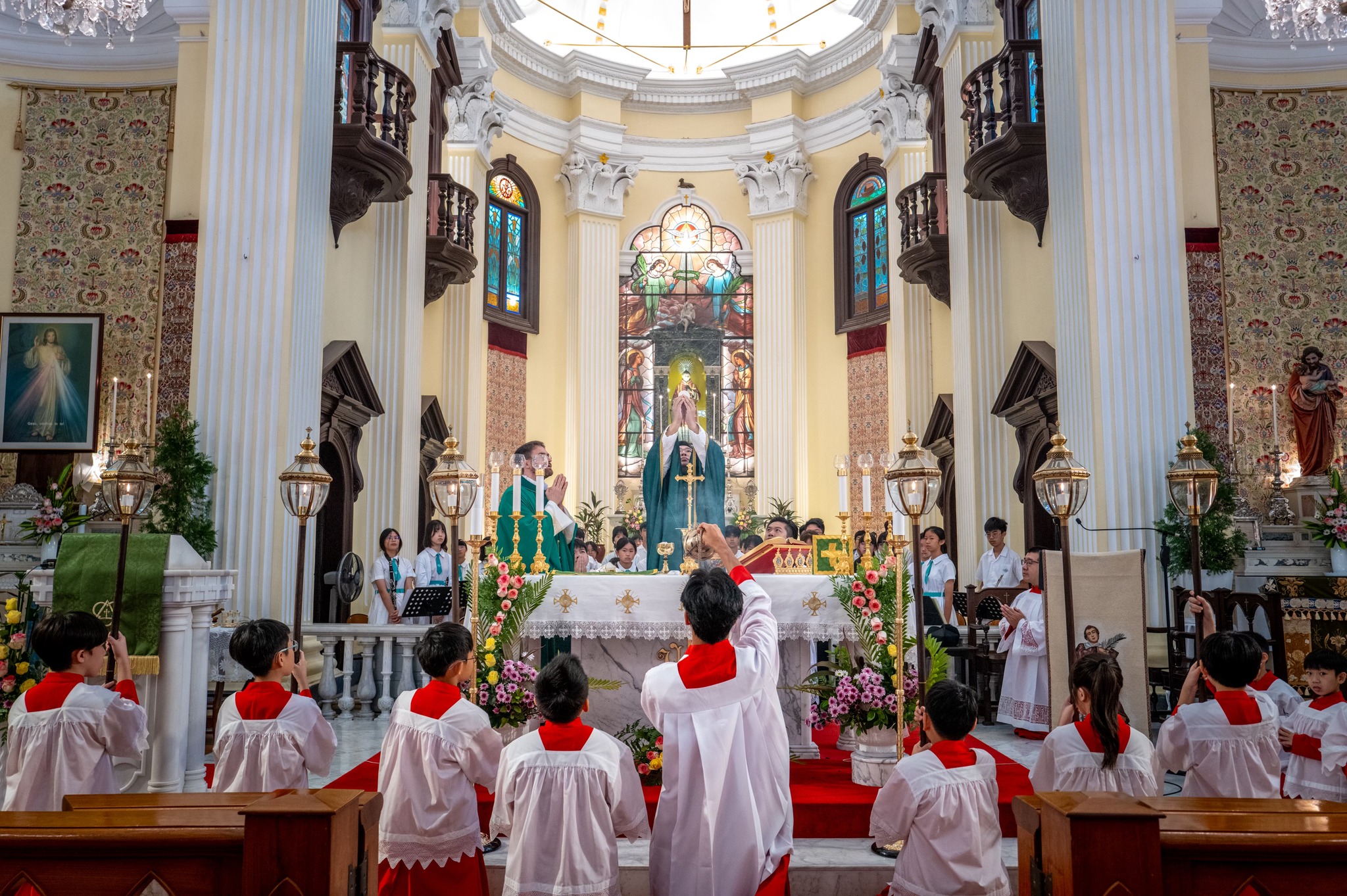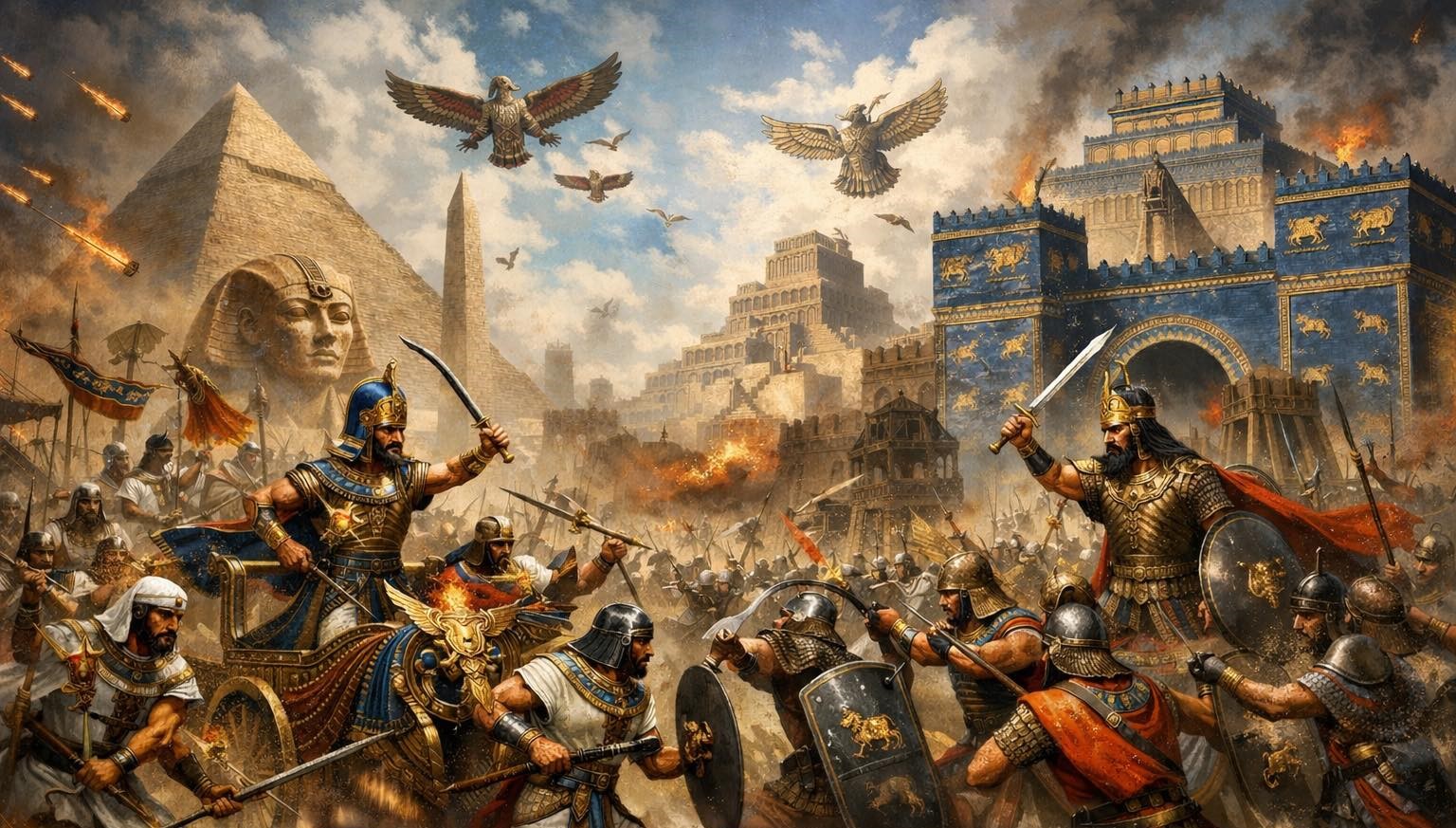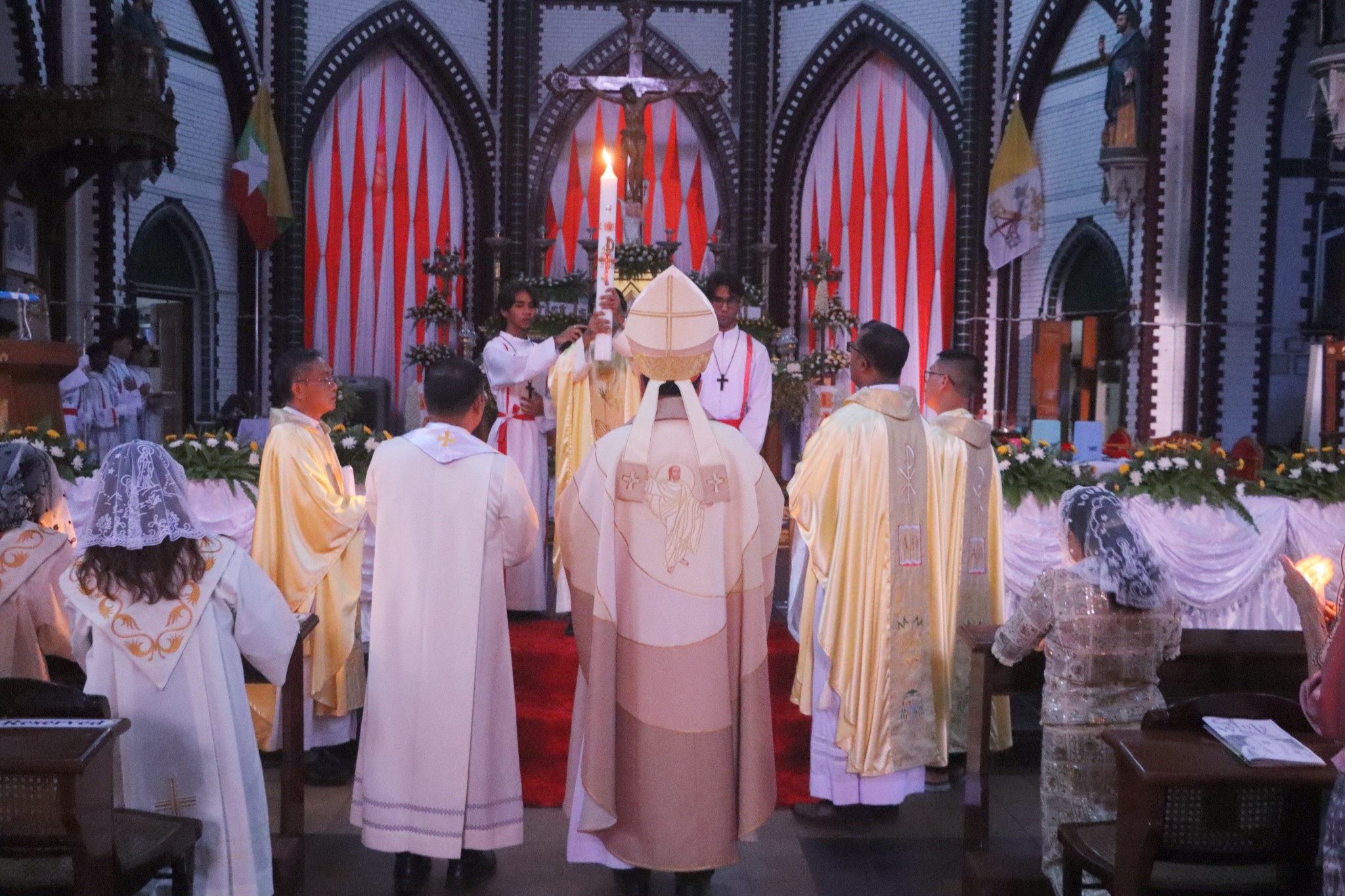Aurelio Porfiri
In our previous investigation about the Psalms, and especially about the peculiar liturgical form that is called the Responsorial Psalm, we learnt a few things that I think would be good to recall here, as a summary of this journey in Christian and Jewish poetry.
The Psalms, attributed to King David from a venerable and ancient tradition, are at the core of the Judeo-Christian liturgical heritage. They are not simply good poetry in themselves, but they form one of the most important and cherished heritage for our religious traditions. The protestant theologian Dietrich Bonhoeffer (1906-1945) has said the following about them: “The more deeply we grow into the psalms and the more often we pray them as our own, the more simple and rich will our prayer become.” So, this is something that we share not only with the Jews, but also with other Christian denominations. And there is of course a good reason for this, because Jesus too was immersed in the world of the Psalms. Let us think of the singing of Psalms 113-118 in the Last Supper, the “great Hallel,” or at the mentioning of Psalm 22 on the cross. So Our Lord Jesus Christ was also immersed in the world of the Psalms, listening to them from his Mother, our Blessed Virgin Mary or possibly from his father, Saint Joseph, when Jesus was only a child. He prayed with them in the synagogues and in the Temple of Jerusalem. The Psalms for Jesus were a living experience, the backbone of the prayer of his disciples.
So the Psalms became very relevant also in Christian tradition, and we saw some examples of that, especially with the great saint Athanasius in the 4th century, and with his Letter to Marcellinus, devoted to exalt the value and the importance of the practice of the Psalms in our prayer and reflection: “A very difficult period of his life, studying and practicing the Psalms.” Then Saint Athanasius goes onto saying: “Son, all the books of Scripture, both Old Testament and New, are inspired by God and useful for instruction [2 Tim 3:16], as it is written; but to those who really study it, the Psalter yields a special treasure. Each book of the Bible has, of course, its own particular message: the Pentateuch, for example, tells of the beginning of the world, the doings of the patriarchs, the exodus of Israel from Egypt, the giving of the Law, and the ordering of the tabernacle and the priesthood; The Triteuch [Joshua, Judges, and Ruth] describes the division of the inheritance, the acts of the judges, and the ancestry of David; Kings and Chronicles record the doings of the kings, Esdras [Ezra] the deliverance from exile, the return of the people, and the building of the temple and the city; the Prophets foretell the coming of the Saviour, put us in mind of the commandments, reproves transgressors, and also has a special word for the Gentiles. Each of these books, you see, is like a garden which grows one special kind of fruit; by contrast, the Psalter is a garden which, besides its special fruit, grows also some of all the rest.” The great Saint Augustine was an admirer of Saint Athanasius. We also mention him because he was a great commentator on the Psalms, who gave some great insights on the Psalms and their importance, as in this excerpt from his comment to Psalm 149: “Sing to the Lord a new song; his praise is in the assembly of the saints. We are urged to sing a new song to the Lord, as new men who have learned a new song. A song is a thing of joy; more profoundly, it is a thing of love. Anyone, therefore, who has learned to love the new life has learned to sing a new song, and the new song reminds us of our new life. The new man, the new song, the new covenant, all belong to the one kingdom of God, and so the new man will sing a new song and will belong to the new covenant. There is not one who does not love something, but the question is, what to love. The psalms do not tell us not to love, but to choose the object of our love.”
Then, we mentioned a little known treatise by Saint Alphonsus Liguori (in the 18th century). He says Saint Roberto Bellarmino has said that we need to consider the Psalms as a compendium of the whole Old Testament. Coming to times nearer to us, C.S. Lewis devoted a book to the Psalms, Reflections on the Psalms. In this treatise, he explained to us how we need to conceive the Psalms, that are not just literature, but songs: “What must be said, however, is that the Psalms are poems, and poems intended to be sung: not doctrinal treatises, nor even sermons. Those who talk of reading the Bible “as literature” sometimes mean, I think, reading it without attending to the main thing it is about; like reading Burke with no interest in politics, or reading the Aeneid with no interest in Rome. That seems to me to be nonsense. But there is a saner sense in which the Bible, since it is after all literature, cannot properly be read except as literature; and the different parts of it as the different sorts of literature. Most emphatically, the Psalms must be read as poems; as lyrics, with all the licences and all the formalities, the hyperboles, the emotional rather than logical connections, which are proper to lyric poetry. They must be read as poems if they are to be understood; no less than French must be read as French or English as English. Otherwise we shall miss what is in them and think we see what is not.”
This reference to the importance of singing the Psalms will be very useful when we concentrate our attention on the liturgical form of the Mass called Responsorial Psalm. Then we will consider some insights from the Italian mystic Divo Barsotti, who also devoted a book on the commentary of the book of Psalms. In this book there are important assessments that let us go deeper in our understanding of the world of Psalmody: “Semitic language expresses the pure power of the act, it is at the origin and immediate as life. Western poetry is not expressing the feelings of men in the immediate act. It needs to remember them, has to decant its feelings; reasons intervene and mediate the feelings of the poet. This poetry has a certain purity, interior calm, a certain way to see things from a distance; feelings are purified but they have less strength. It is different with the poetry of the Psalms: they are erupting words that are breaking up, it is an elementary language; also the word is action. This is the language of mystics. And so, the highest religious experience is given to Semitic language.”
Because of the importance of the Psalms to all Christians, we have also interviewed a few experts coming from other Christian traditions, before focusing on our Catholic liturgy, and especially on the Responsorial Psalm. As I think I was able to show, the Responsorial Psalm is a clear sign of the crisis of the liturgy, because it’s understanding and performance show clearly the minimalistic approach that is nowadays taken when dealing with sacred music for the Mass.
First of all, as I have pointed out, very often the Responsorial Psalm is just recited. That is a contradiction and that goes against what we saw previously. Let us remember the words of C.S.Lewis who reminds us that the Psalms have to be sung. But if we sing the Responsorial Psalm, what will be the way? And so I mentioned several possibilities of performance, giving my assessment of the one that I find more suitable. I also mentioned a particular method for the composition of Responsorial Psalms by an Italian priest and musician, a method that can be used in those churches that do not have a developed musical program.
But I know, as I have said before, that the world of Psalms, and especially the one of Responsorial Psalms, is nowadays taken from a more general crisis of the Church. Pope Francis not long ago has said something that I think is deeply true, he said that we are no more in a Christian civilization, and he was not speaking of countries where Christianity arrived relatively later, but Europe, in a certain way the cradle of Christian civilization. Yes, it is evident that there are no more Christian countries in Europe. Many tendencies, ideologies and narratives disturb that world that was united by Christian hope. A world where the Psalms were the vocabulary of our prayer. So when we talk of the Responsorial Psalm, we are not just talking of a moment between the first and second reading, but of a witness of thousands of years of prayers from our countless brothers and sisters in faith. We should never forget this.

 Follow
Follow


